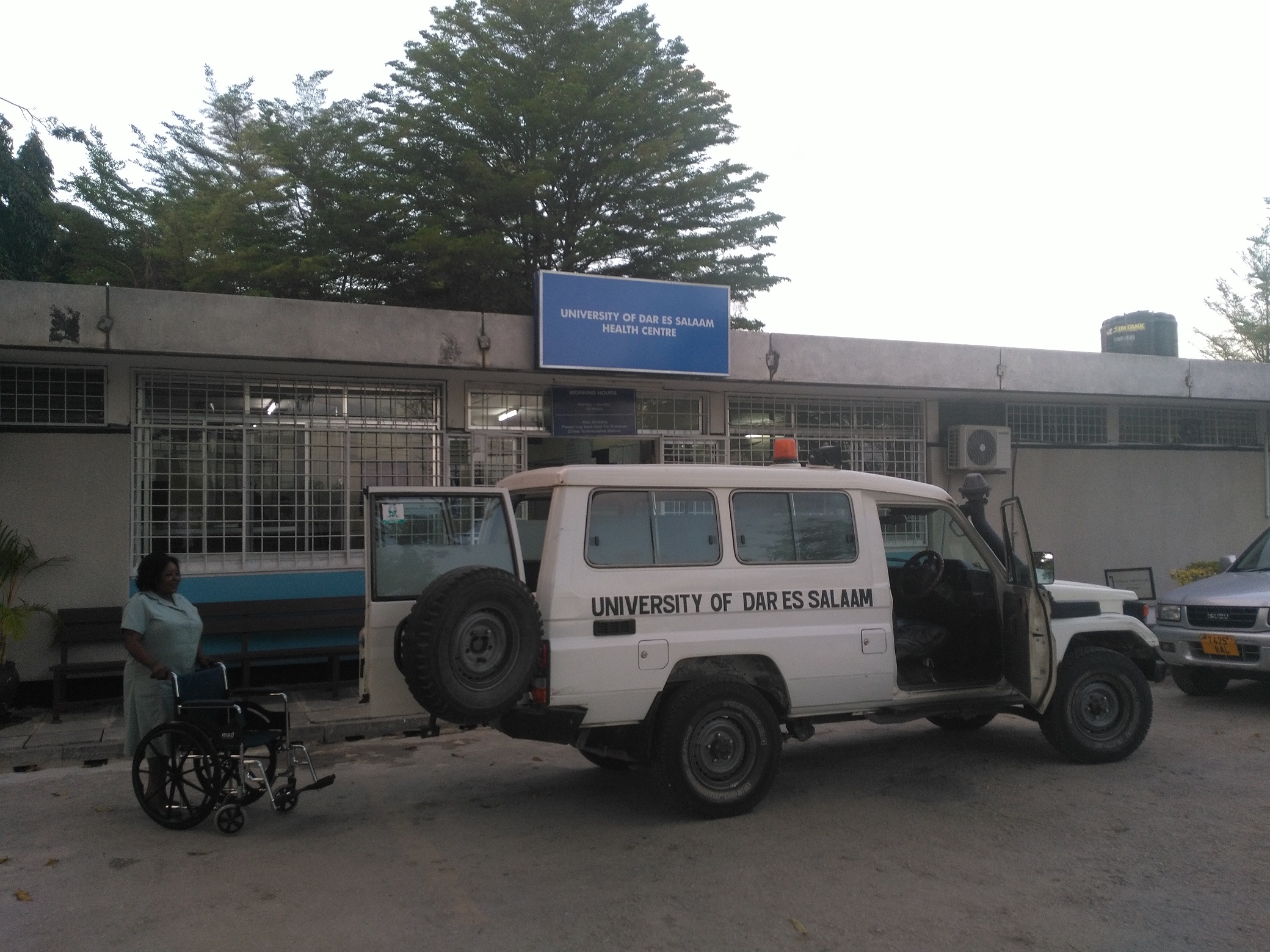Services

The Centre operates on a twenty-four hour basis. Currently the following services are offered:
- Outpatient clinic (treatment of various disease conditions)
- In patient services (hospitalization)
- Wide range of diagnostic services
- Pharmacy services
- Specialized clinics in Obstetrics and Gynaecology, Paediatrics, Psychiatry and Mental Health and Medical imaging. It also offers special clinic in dermatological conditions, sexually transmitted infections and diabetes.
- Counselling and testing for HIV and provisions of antiretroviral drugs (ARV) to people living with HIV/AIDS
- Reproductive and child health services
- Prevention of mother to child transmission of HIV
- Health education, communication and counselling students on adolescent reproductive health
- Eye and optical services and
- Minor surgery
- Ambulance Services
- Social welfare services
- care to gender based violence and violence against children survivor
The Centre is accredited to offer services to National Health Insurance Funds (NHIF) beneficiaries. Students are required to join NHIF by filling in special form during the registration period and contributing specified amount of money to NHIF. Those who fulfil the above will be provided with NHIF membership cards to access treatment at the Centre and other accredited health facilities country wide.
Student who fall sick shortly before, or during the examinations, are advised to report to relevant authorities in their respective departments and Health Centre for treatment and further directives. Requests to postpone examinations or studies must be accompanied by an authentic medical report from recognized hospitals. The report must be vetted by the Medical Officer In-charge at UDSM Health Centre.
HIV and AIDS remain one of the world’s most significant public health challenges particularly in low and middle-income countries. The age group which is mostly affected is that of 15-49 years of age. Current data shows that more than 60% of HIV new infection occurs in youth aged 19-24 years of age.
Abstaining from sex, being faithful, limiting number of sexual partner to one who is not infected, consistent and correct use of condom, avoiding abusing alcohol and drugs which may impair your judgment, avoiding sharing needles or syringes and being circumcised if you're a male are some of the measures to prevent HIV transmission.
Non communicable diseases such as diabetes, cardiovascular diseases, cancers, chronic respiratory diseases, depression and others have exerted significant impact to the community including loss of manpower, unsatisfactory duty performance and increased costs of treatments. The increase in the burden of the diseases is fuelled by unhealthy eating habits, overweight, lack of exercise (sedentary life), stress, excessive consumption alcohol, cigarette smoking etc. Regular screening for non-communicable disease and practice health life style reduces risk of developing non-communicable diseases.
‘Remember Healthy Mind Thrives in a Health Body’

